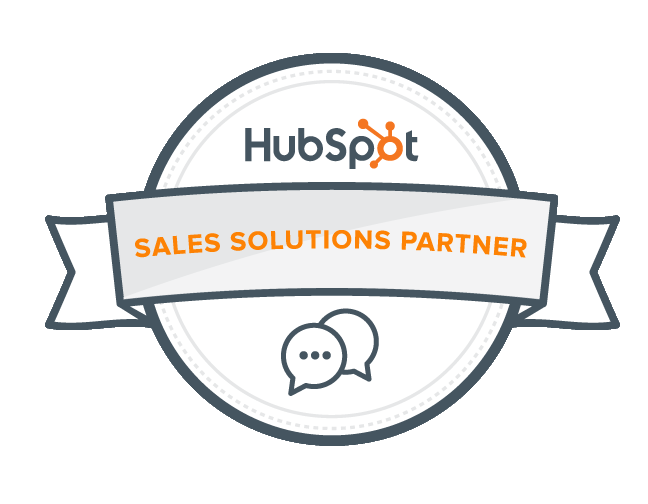Three short-sighted expectations that Apps like Facebook, Canva, and Google assume you know.
Apps like Facebook, Canva, and Google Ads have certainly created opportunities. However, they often leave users feeling frustrated. These software companies assume everyone is great on a computer and provide little support.
Here are the three biggest DIY marketing complaints we hear from small business owners.
1) Tech companies expect you to know how to use their app without support.
The newest marketing tool always has great promise. But the developers all assume the same three things:
- Our app is intuitive
- Our app doesn't require support
- If you can't figure it out, you aren't a good fit
This is no way to enter a market. Worse, it leaves lots of business owners frustrated.
2) They expect you to know how it all comes together.
You are trying to figure it all out. What are you going to say? What images should you use? And, then you have an application that is asking you to fill out all kinds of stuff. You don't even know what half of it means. You just pray that you didn't make a mistake. Worse, you wonder, "how is this going to turn into a paying customer?"
You are not alone!
All of our clients came to us because they were struggling with where to start. The tools assume you already have a process in place. The truth is, most small businesses have no marketing process.
3) They are always moving things in the app.
AND just when you thought you had it all together. They update the software and you have to figure it out all over again. So, all those things that the developer thought were intuitive and then realized it wasn't... they fixed it. But now, you are back to square one, wondering if you did it right.
WE HATE THIS! At Web Education Services, we want marketing to be simple, fun, and a way to take pride in your work.
So, we developed a solution... The Marketing Launchpad
We've organized all your marketing apps into one place. We've laid out the apps in a linear process, so each step builds upon the next. We created a checklist, so you never get lost as to where you are. And, we have instructions next to each app, so you know what to do next.
Best of all, we train you. Yep, one of our trainers will work with you so you understand both the big picture (your marketing strategy) and how to execute (your marketing tactics) In 3, 2-hour sessions, we will show you how to use your marketing launchpad.
Session 1: Structure
We will work together to set up and optimize your marketing platforms. Set up includes YouTube, Your Blog (a website is required), email marketing, Facebook, Instagram, Twitter, LinkedIn, Google My Business, Facebook Ads Manager, and Google Ads Manager.
Session 2: Strategy
We will develop your marketing message by defining your ideal customer, your 3 uniques, your proven process, and your guarantee.
Session 3: Application
We will create your first piece of content using your new launchpad. We will post your content to all of your Free marketing platforms. We will configure and post.
You can stop after block one and use the desktop app, or you can continue with the training.
Schedule a demo today and see what the marketing launchpad can do for you!
To learn more about our services, call us at 727-222-6984. Or schedule a free consultation.





